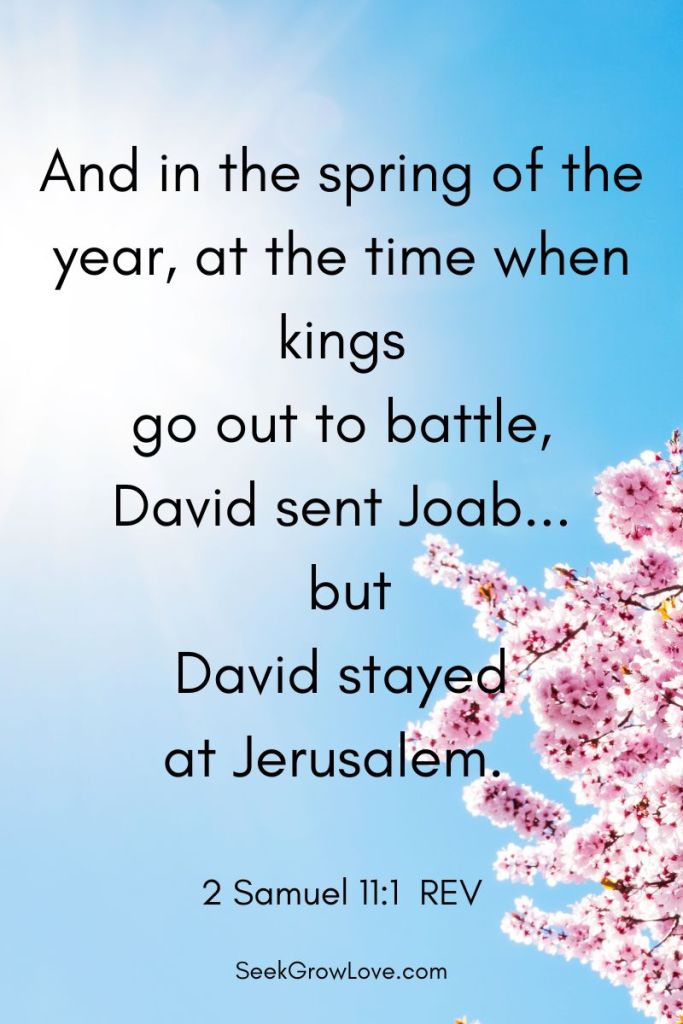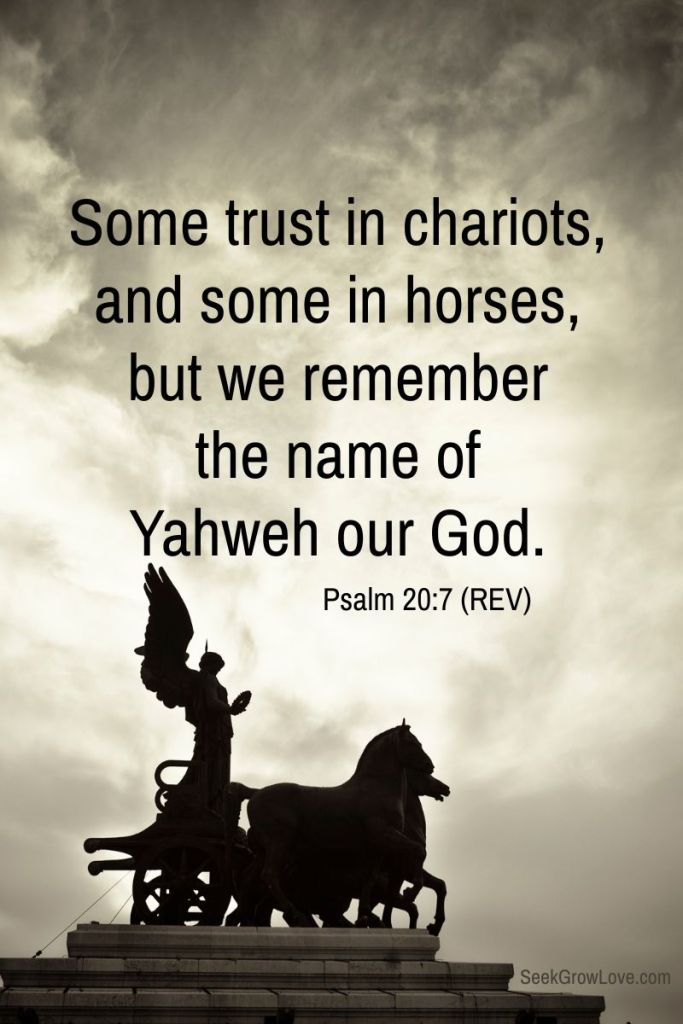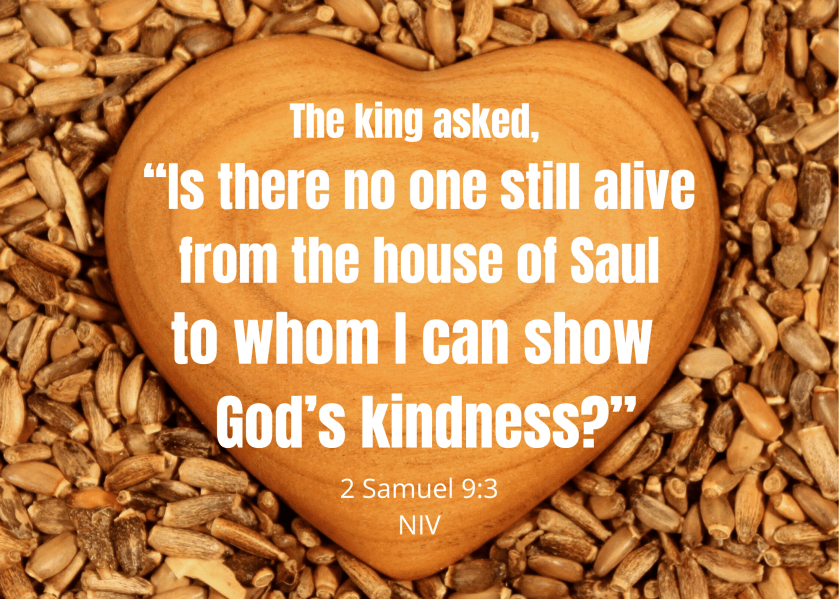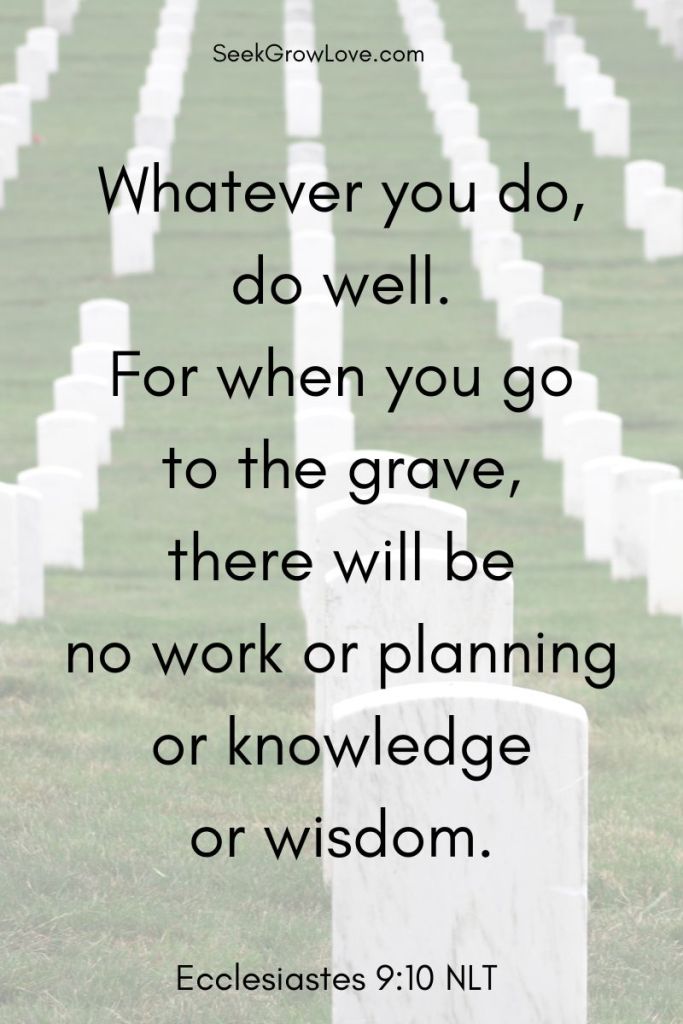
Be Strong and Do It!
1 Chronicles 26-29 & Psalm 127
Have you ever had an idea, or plans for something that you spent time putting together, but were not able to actually carry it out?
It might be because you don’t have the means, the talent, the time, but whatever the case, it can be disheartening, so I appreciate David’s example here on not being downtrodden about it but instead taking an opportunity to guide the nation and his son, directing them to serve God.
I also think it is pretty cool that despite David not being allowed to build the temple, we see an example of God’s Spirit working in David to come up with the plans. Just because he wasn’t allowed to build, didn’t mean that he wasn’t able to still do something for the LORD.
In this case, David wasn’t allowed to build because of being a warrior who had killed others, but it is also a reminder to me that there isn’t just one thing to do. God may call us differently or gift us differently to accomplish more things. God didn’t use David to build the temple because of David’s actions over the past. But in other cases, God is just using people in different ways – not because one thing is better than the other (thinking of Paul describing the body – each part needs the others to properly function), but because multiple things need to be done. We might sometimes feel saddened by being unable to do what we want, but that shouldn’t stop us from doing something. We are all able to serve, but that service might look different from how others serve depending on our skills, or physical abilities, or God-given direction.
And then as we continue reading, we see how things are generously donated to the building of the temple, and to keep us all in check, David offers this in 29:14 “But who am I, and who are my people, that we should be able to give as generously as this? Everything comes from you, and we have given you only what comes from your hand.”
In a world/culture that is heavily focused on earning what we have, sometimes we need that reminder that the only reason we have is because God has given us things. And that can fill us with gratefulness and love and inspire us to give as well.
~Stephanie Fletcher
Reflection Questions
- Is there a job that you have wished God would chose you for, but He has not? What can you learn from David? What other jobs do you think God IS asking you to do? In what ways are God’s plans better than ours?
- What has God given to you that you can use to serve Him?
- Our Psalm today was written by Solomon and he wrote: “Unless the Lord builds the house, those who build it labor in vain.” (Psalm 127:1 ESV). What did Solomon learn from his dad? How can you apply these words to how you are building your house/life/family and how you are building/supporting/growing God’s house/church?









